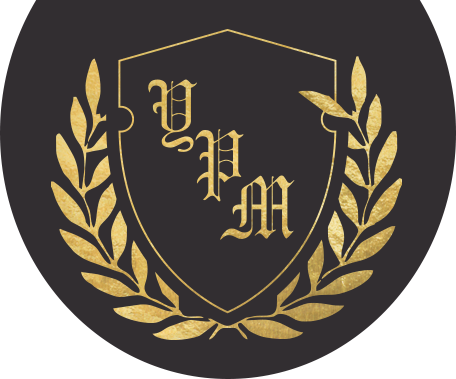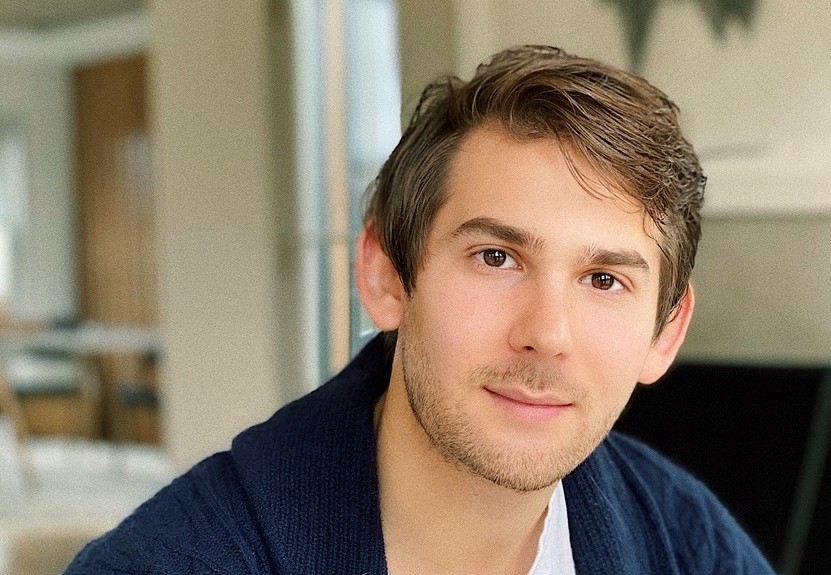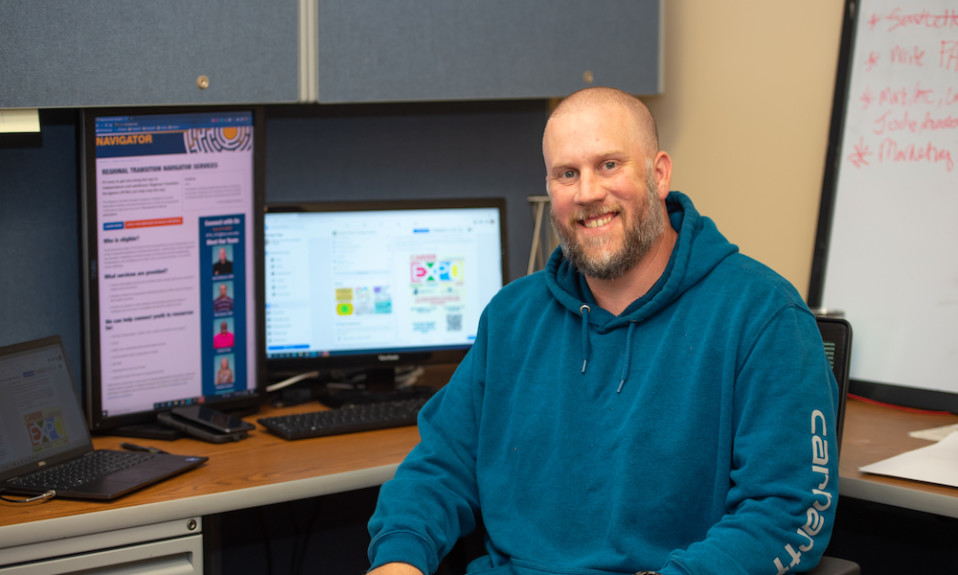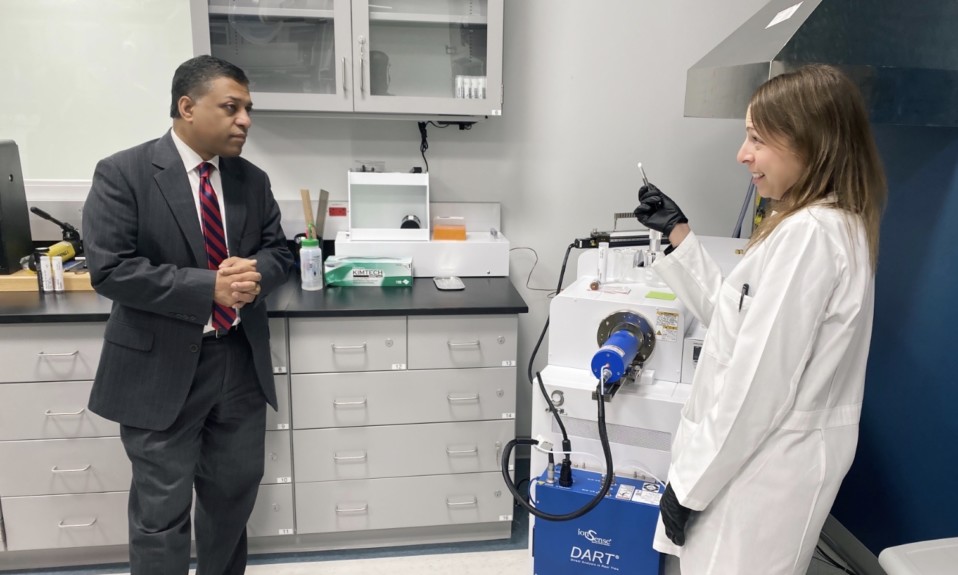Maks Ezrin, founder of Youth Prevention Mentors, talks about pairing struggling teens with positive peer role models to steer them on the right path
By Jenny Diedrich
Following his own experience with early substance misuse, Maks Ezrin has helped develop a program that he believes is the future of fighting the addiction epidemic.
New York City-based Youth Prevention Mentors (YPM) uses an innovative approach that matches vulnerable youth with sober peer coaches to steer them away from dangerous influences and mitigate the risk of addiction. Ezrin, YPM’s 28-year-old founder, helps run the mentorship program and works one-on-one with young adults to lead them through their teen years.
“If we can get to them when they’re 15 or 16 and provide some guidance when they’re at that fork in the road, we don’t need to meet them when they’re 23,” Ezrin says.
TreatmentMagazine.com recently spoke with Ezrin about his personal story of addiction, YPM’s process and why it has been successful.
Q: How did your addiction begin?
A: I grew up in New York City, and I really had no trauma that I can point to growing up that led to my addiction. I had a loving family and plenty of friends. I was an athlete and very social, but still I was somehow drawn to counterculture and what that entails. It was a very gradual process. It started with drinking here and there on the weekends at 13 or 14. It quickly accelerated to more frequent pot usage, drinking and some experimenting with other drugs—all being hidden from my family and from the public, in the sense that I was still keeping up the appearance. Everything was still OK on the outside.
“My family knew I was drinking and smoking weed and had a hunch on some other things, but they didn’t know how to approach it. As I’ve delved into this industry, I realize that most parents don’t know.”
—Maks Ezrin
I went to a pretty rigorous private school and got recruited to play soccer at Trinity College. I arrived at college and decided, in true addict fashion, that I did not want to play soccer anymore. There’s already such a lack of structure once you get to college, and couple that with not playing soccer—I could do whatever I wanted. As an 18-year-old who didn’t have much autonomy to that point, things progressed very quickly. What was daily drinking and smoking pot evolved into pills, painkillers, Xanax and later down the road ketamine.
Q: How did your journey to sobriety begin?
A: Fast forward to the next four years, and it was combined chaos. The intensity of the substances continued, and the ramifications got worse. But all at the same time, life wasn’t falling apart. I was still at school and keeping up appearances. My family knew I was drinking and smoking weed and had a hunch on some other things, but they didn’t know how to approach it. As I’ve delved into this industry, I realize that most parents don’t know. Internally, I was incredibly uncomfortable in my own skin, and that only fed into the addiction and maladaptive behaviors on the mental health side.
I suffered several overdoses, the worst being the summer of 2016, which was the summer before I got sober. A dear friend of mine had just gotten out of a year of treatment and was doing really well. He had a certain light about him. He said, “It’s sobriety, and I do this thing called AA.” I had no choice but to give it a shot. I committed. What that meant to me was AA and connecting with a group of like-minded individuals around my age who wanted something different for themselves.
Q: How was Youth Prevention Mentors developed?

A: About a year after getting sober, I was working in real estate, and by the grace of God I was fired from my job. It led me to conversations with people I knew who were sober. One of them worked for a woman named Natasha Silver Bell, who had her own company working with high-risk individuals coming off their third, fourth, 10th rehab, and none of it had worked. She offers primarily live-in, 24/7 coaching. I was expressing to my friend that I was unemployed, and she said, “Speak to Natasha. You’re young, you’re relatable and have been through a lot of adversity.”
[Natasha] recommended that I get my certificate in addiction recovery coaching, which I did. I began coaching for her in 2018. After about six months of coaching, she started to get an influx of younger men aged 16 to about 20 who didn’t suffer from addiction but did suffer from some behavioral issues, and substances played a part. It wasn’t that they needed sobriety or to be sent away, but they needed some influence to get them on the right track. Since I was 23 at that time, I was relatable. I wasn’t the enemy to these young guys.
“We see the usage of tutors and coaches in sports, but why isn’t there a tutor or coach for mental health and substance use? It seems obvious, but you don’t see it. Schools have an assembly once a year that most students don’t listen to because it’s not relatable.”
We had a lot of success working with these young individuals and their families, and a lightbulb went off. We were working not in the sobriety and recovery world but in the prevention space. Natasha and I decided to form a new program alongside Dr. Rami Kaminski, a very well-credentialed psychiatrist who wholeheartedly believed in our approach. He’s a partner in YPM. Since late 2020, we’ve been extremely busy working with young adults and their families. We’ve seen objectively what our approach can do in the prevention space. That’s our slogan—“Striking Addiction Before Addiction Strikes.”
Q: Are there statistics that support your program’s approach?
A: There’s a study that says 74% of individuals between the age of 18 and 30 who were admitted into treatment for substance use began using before the age of 17. That’s a very heavy statistic. In our minds, it reinforces the work we’re doing. It’s very hard to classify a 17-year-old as an addict, but there needs to be more focus on prevention. We see the usage of tutors and coaches in sports, but why isn’t there a tutor or coach for mental health and substance use? It seems obvious, but you don’t see it. Schools have an assembly once a year that most students don’t listen to because it’s not relatable.
Adolescence and young adulthood is an inverse cult. If you think of a cult as a triangle and you flip it on its head, the group is the leader. Teens just want to listen to each other. They don’t want to listen to Mom, Dad or authority figures. The issue with that is the teens and their friends haven’t experienced anything. This can be very detrimental.
Q: How is what YPM offers different from treatment centers?
A: Treatment centers, inpatient and sober living are great, and a lot of them serve a purpose. Young adults and adolescents may be sent there too soon, before they take an intermediary step. That may cause more trauma: They get a stigma at 17 years old that “I’m an addict” or “There’s something wrong with me.” When they return home, the environment hasn’t changed.
We don’t just take on the young adult as the client. We take on the family. A lot of times, it’s a family approach, and it trickles down from the parents and the boundaries they are holding or not holding.
“At most points when we’re called in, the parents don’t know quite what to do. Most parents try what they can and then say, ‘Maybe we should send them away.’ There are a few steps in between where we can see success.”
We match a youth mentor with a coach—a young man or woman who has been through similar adversity and has come out the other side with a set of tools. The teen is intrigued because there’s a 26-year-old man or woman who’s been through serious stuff sitting in front of you saying, “I’ve been where you are and made certain decisions, and you don’t need to do that. We can do some good work together, and then you’re on a different trajectory.” We have about 100 coaches across the country, and a big piece of our program is matching [teens] with the right mentor and one who is not too much their senior. At the same time, we’re working with the parents to make sure everyone is on the same page. It is a united approach.
Q: Can you share one of Youth Prevention Mentors’ success stories?
A: Recently, we worked with a 16-year-old girl who was suffering from extreme anxiety and depression, some self-harm, substance use and was not going to school. She didn’t want to do anything, felt completely overwhelmed with life and could not cope. We were able to bring in our psychiatrist, had a parent coach, and brought in a great youth mentor who had been through adversity herself and had many years sober. We met with the client every day. She was able to quickly relate and confide in this youth mentor in a way she couldn’t with her therapist or her parents.
About a week into our work, we got her to go back to school and started catching up on work she had missed. After 90 days of intensive work, the client was back in school full-time. She was back in her choir class, back on the swim team and was heavily involved in AA at her own desire. That was about her feeling safe and trusting the coach.
“I want to create awareness on a national and global level. Striking addiction before addiction strikes is very feasible. I think it’s the future of tackling the addiction epidemic.”
On the flip side, we were able to work really well with the parents. At most points when we’re called in, the parents don’t know quite what to do. Most parents try what they can and then say, “Maybe we should send them away.” There are a few steps in between where we can see success. We got her on medications that were life-changing for her, and we were slowly able to titrate out. This reinforced the values we already had of what this program can do when we get buy-in from all parties.
Q: What does this work mean to you?
A: I think of it as doing my teenage self a service, because I really needed what we’ve created here when I was an adolescent, and I didn’t get it. I fear that a lot of today’s society doesn’t have a positive peer role model. They don’t learn what they need to know about very serious issues. I want to create awareness on a national and global level. Striking addiction before addiction strikes is very feasible, and I think it’s the future of tackling the addiction epidemic.













